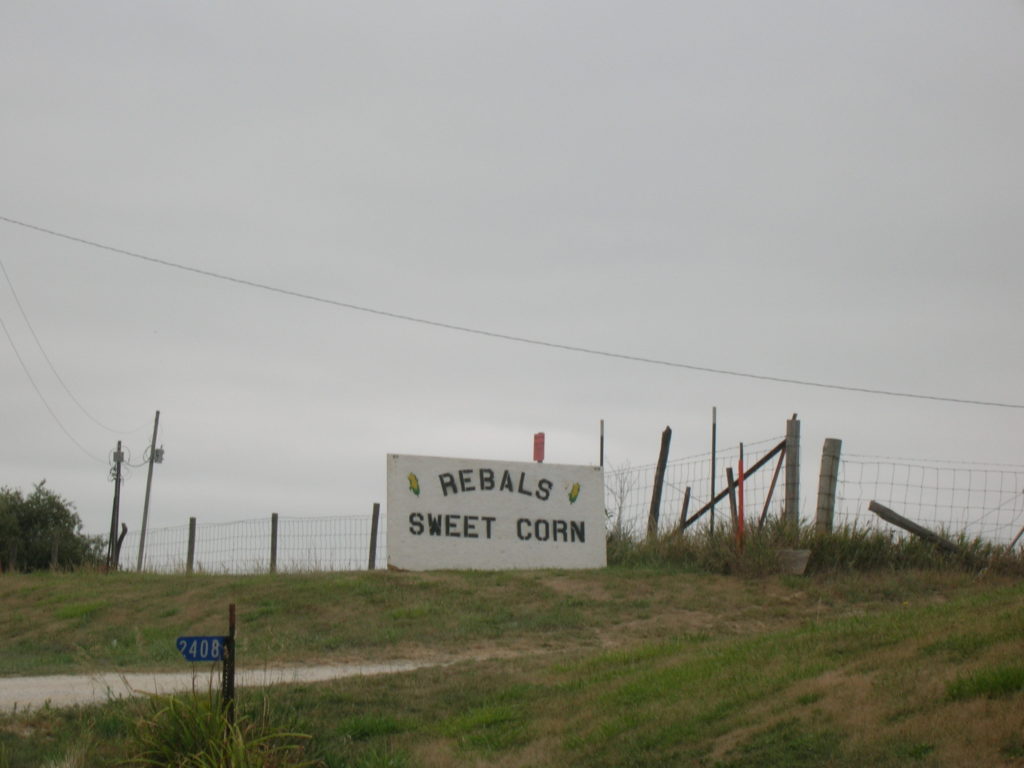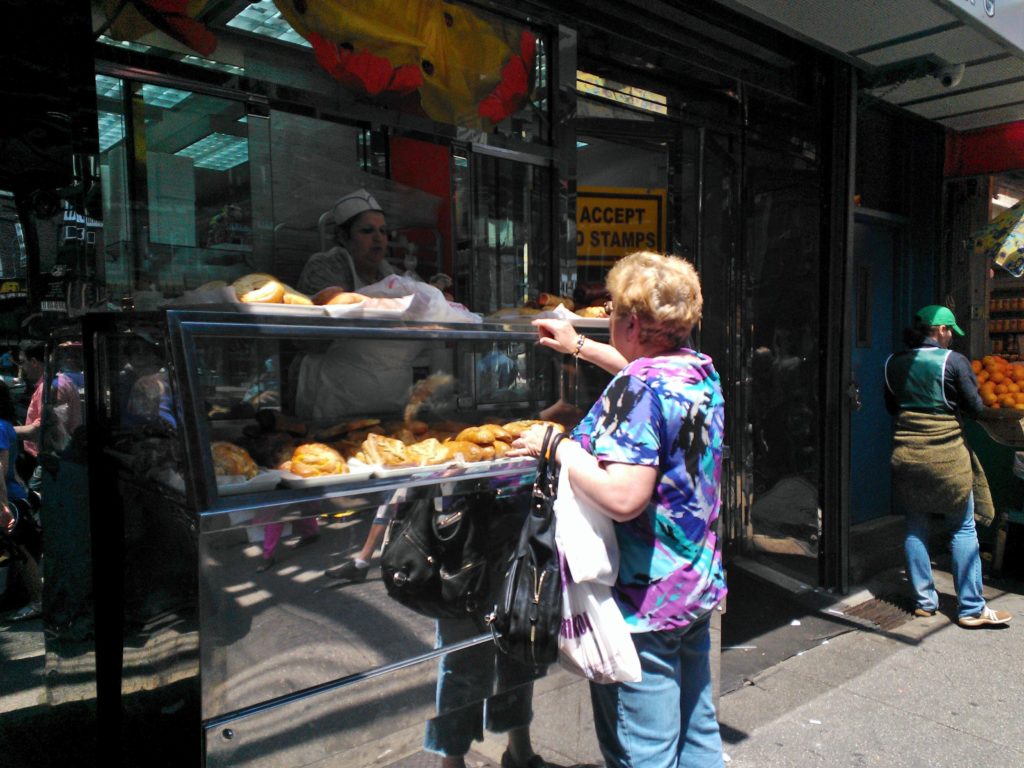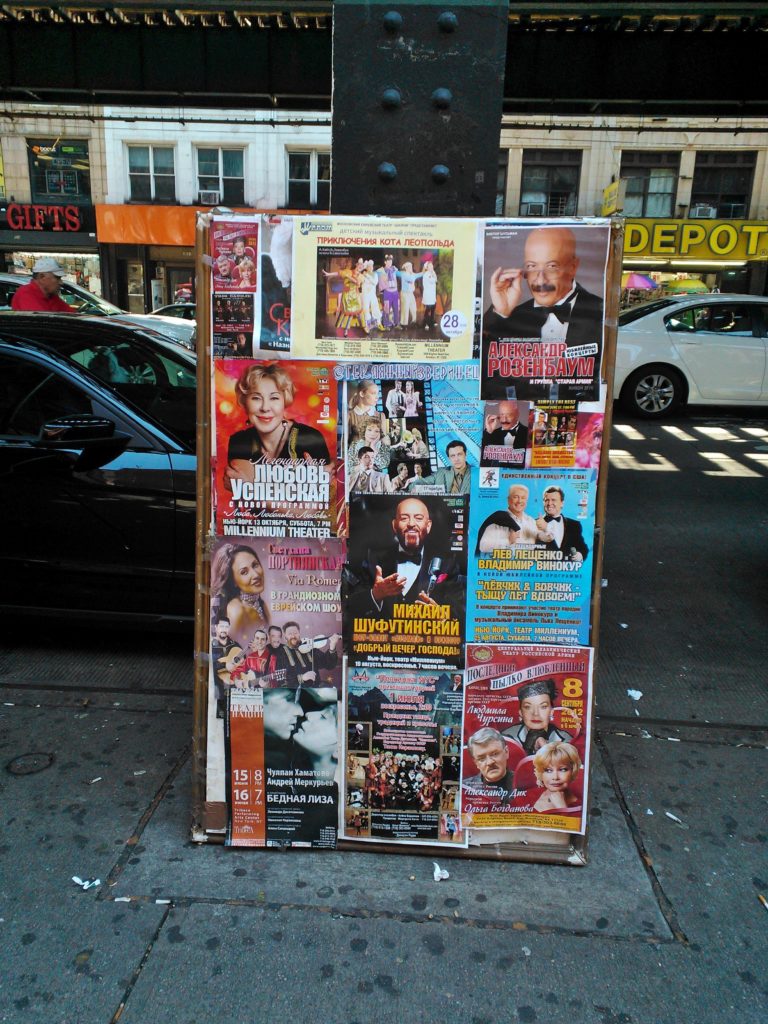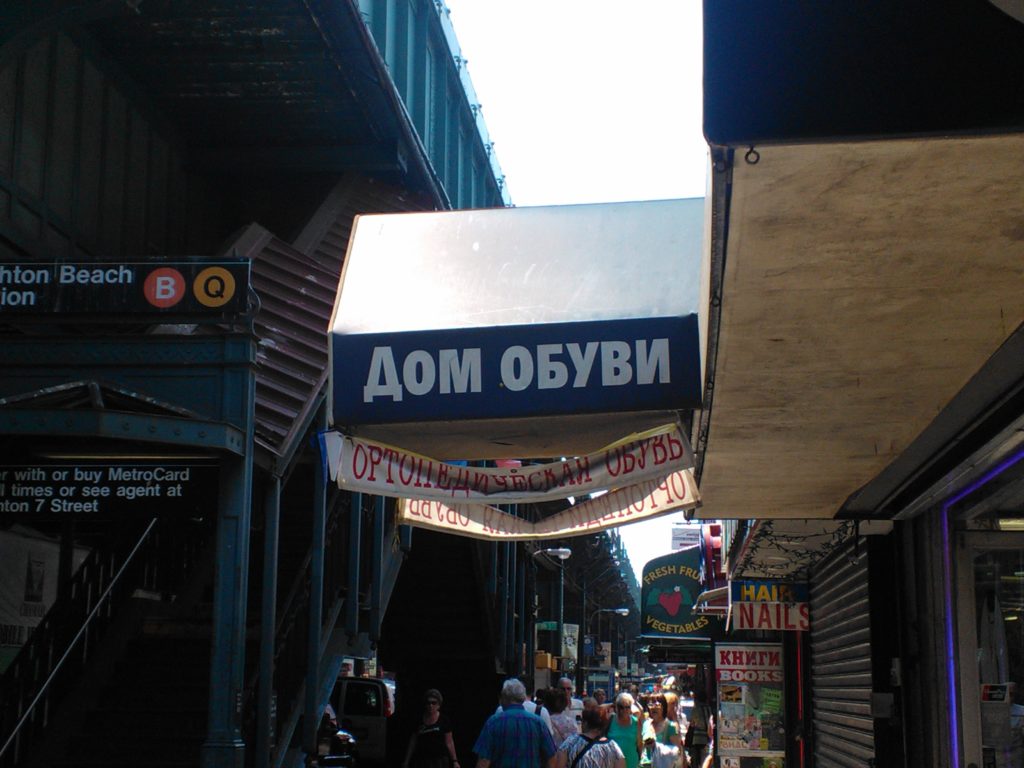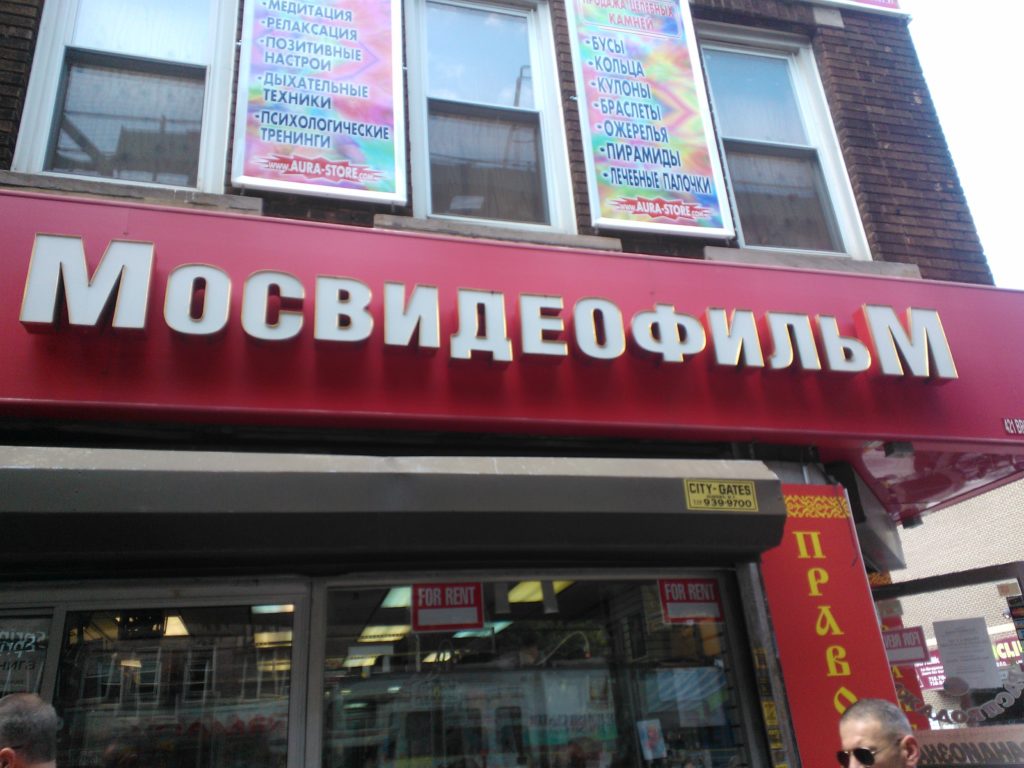Before I get to my main topic, I wanted to provide a link to the Russian Channel 1 footage of Putin’s inauguration.
http://www.1tv.ru/news/social/206393
Do not be intimidated by the fact that it is the Russian television channel – language matters little in this exercise in semiotic analysis. Just let the footage run. You will be able to tell fairly clearly when Medvedev arrives at the Kremlin, when Putin arrives at the Kremlin, and when Putin takes his oath of office. Later in this entry I will also provide links to articles in English that will provide more details about the setting, in case my kind reader would like to learn more about the setting of Putin’s inauguration.
For reference, think about the spectacle put together for Obama’s inauguration back in January 2009. Washington’s metro system had record ridership, and the city was overrun with people who wanted to share in the experience. It was so cold that Itzhak Perlman and Yo-Yo Ma “lip-synched” their performances.[i] Everyone remembers it was cold because everyone stood outside to witness the event.
Meantime, if you look at the footage of Putin’s inauguration, one is struck by the feeling of claustrophobia of the ceremony within the Kremlin’s main palace. The presence of soldiers dressed in uniforms that seem out of the Napoleonic period adds to the sense that this was not a ceremony designed for the Russian public, but for the select few oligarchs who got invited to this private event. The ornate nature of the interiors –Putin was inaugurated in the Kremlin’s St. Andrew’s Hall, the former throne room of the tsars, which stands in stark contrast to the Stalinist monumentalist marble foyer from which Putin departed in Moscow’s White House – really gives the whole even an imperial air which is very missing from the United States’ more populist inaugural celebration.[ii]
Even more disturbing are the aerial shots taken when Putin and Medvedev were driving to the Kremlin palace for the actual inauguration. It seems like Moscow is a ghost city, with no one but the Napoleonic period honor guard standing outside the palace to greet the President/Prime Minister and the Prime Minister/President. Pay attention at the points between 16:30 and 23:50. That is six minutes of Putin driving in a caravan through hundreds of abandoned blocks in one of the largest cities in the world. In the United States, you would have the sidewalks overrun with people trying to get a glimpse of the caravan. Moscow, in contrast, looks like a ghost town.
The eerie absence of people stands in stark contrast to the apparent activity that occurred the day before the inauguration. The Huffington Post, among the more mainstream online news sources, noted how over 120 people were detained as opposition protests drew more than 20,000 people into Moscow the day before the inauguration. [iii]
This leaves one wondering about the nature of political change in Russia since the end of the Soviet Union. Specialists tend to agree that Russia has evolved into a strange form of parliamentary oligarchy. The emerging protest movement, which has mobilized the younger emerging middle class in ways never seen in Russia, presents a particular challenge. Will Putin find a way to allow for an increasingly diverse range of political actors to gain equal access to the political processes in Russia? Or will Putin turn to a more “stereotypical” authoritarian mode of governance?
The wonder of living in Washington, D. C., is that we have so many people actually interested in this topic that you can expect that I will have more to say on this topic later this month. ….
________________________________________________
Which brings us back to the previous topic of Bakhtin. I know, this constitutes some of the horrible writing that I try to battle in my classroom. There really is no graceful way to transition between Russian politics and Dostoevsky – what am I saying? Dostoevsky was the man (cheesy cliché, check!) when it came to trying to work out political and philosophical questions in artistic form. This is what made him Bakhtin’s favorite novelistic writer. There – transitional link with Putin’s ornate, traditional coronation –er, inauguration – established.
Going back to Bakhtin’s essays on Dostoevsky, in his chapter «Основная особенность творчества Достоевкого и её освещение в критической литературе», “Fundamental Features of Dostoevsky’s Work and Its Manifestation in Critical Literature, ” Bakhtin points out that what most characterizes Dostoevsky’s literature is that it has no genetic or causal categories. Rather, he saw details in the world around him, gradations in significance and meaning. In chapter two, “Dostoevsky’s Characters,” Bakhtin observes how:
«Не только действительность самого героя, но и окружающий его мир и быт вовлекаются в процесс самого знания, переводятся из авторского кругозора в кругозор героя.»
“Not only the reality of the hero himself, but also his surrounding world and reality become part of the very process of knowledge, change from the author’s point of view to the character’s own…” [iv]
These characteristics come through in one of Dostoevsky’s shorter works, Notes from the Underground. If you want to follow along, you can access an online version courtesy of the University of Virginia library system: (Side note: if you like the collection of texts in this site and you live in Virginia, do not forget to write to your legislator and let them know the University of Virginia, and its library system, rock!)
http://etext.lib.virginia.edu/modeng/modengD.browse.html
Now that we have a unified source to reference, we can start by taking a second and being impressed by Constance Garnett. Constance Garnett lived at the turn of the twentieth century and single-handedly brought classic nineteenth-century Russian literature to the English speaking world. While new translations of a lot of these works have emerged in the last thirty years, when I was starting my studies in Russian literature the Garnett translations were the only translations we used. And she was a woman. And she translated over seventy one volumes of literature. I have not even written one whole volume of literature in my life, I cannot even imagine how she managed to work her way through so much material.[v]
Now that credit has been given where credit is due, let us go back to the actual text. The story is a strange little narrative of a man who finds himself quickly losing any and all hold on reality. He starts by revealing his former experience as a low level government bureaucrat – in clear homage to Gogol’s “The Overcoat.” The narrator is not a pleasant person – he starts by admitting he is a “spiteful man” at least four times within the first two pages.
This man contemplates the world around him. The narrator goes through a list of traditional motivators to action or interaction in life. He tried falling in love, but ended up suffering. People in general, he believes, go through life fooling themselves as far as to their motivations and actions. In contemplating the nature of action, he comes to a moment that displays Bakhtin’s claim of Dostoevsky’s ability to display gradation of thought and consciousness where others may not see any gradation at all.
“…You know the direct, legitimate fruit of consciousness is inertia, that is, conscious sitting-with-the-hands-folded. I repeat, I repeat with emphasis: all “direct” persons and men of action are active just because they are stupid and limited. How explain that? I will tell you: in consequence of their limitation they take immediate and secondary causes for primary ones, and in that way persuade themselves more quickly and easily than other people do that they have found an infallible foundation for their activity, and their minds are at ease and you know that is the chief thing. To begin to act, you know, you must first have your mind completely at ease and no trace of doubt left in it. Why, how am I, for example to set my mind at rest?…”[vi]
The answer, in this case, is that trying to set one’s mind at rest is nothing but a foolish endeavor. Free will is a hard concept to accept when seemingly physical and rational laws, such as the mathematical law the two times two makes four, rule the world – “without my will.”
Those who decide to assert their free will end up suffering in Dostoevsky’s world. Dostoevsky’s narrators peel away layer after layer of motivation for each and every character in his books – from his frustrated male heroes to his virtuous female heroines. He makes passing references (or as my students would say, he pays homage) to major figures in nineteenth century Russian literature. Notes from the Underground intentionally echoes Gogol’s Diary of a Madman, as well as reference Turgenev’s hero, Bazarov, from Fathers and Sons. He also creates a hero that directly opposes Nikolai Chernychevsky’s Rakhmetov, from What Is to be Done? All of these heroes try to manifest their intellectual, personal and political agency, and all of them fail in one way or the other. The richness of the narrator’s discourse, as well as the discourse it carries on with the different type of literary heroes that have populated nineteenth century Russian literature, is one of the ways that Dostoevsky manages to change the author’s point of view to the character’s point of view.
Why do we find it so hard to understand Dostoevsky’s Underground Man? In part it derives from a certain sense of philosophy that strikes us as fatalistic. You English language reader came into the tradition of Russian literature fairly late in the nineteenth century, thanks to Constance Garnett’s herculean translation work. At the same time, English language readers read more popular magazine serials such as Charles Dicken’s novels, which somehow always managed to provide his main hero with a relatively positive ending, or with Jane Austen, whose heroines managed to find their mate in spite of whatever prejudice they bore at the beginning of their work. A novel that so explicitly focused on the ideas of free will and the consequences of intellectual and political agency differed in the way it approached the topics of political and philosophical discourse. Russian literature does not provide any easy options for social change, while one could surmise from a work by Dickens that if society came together as an organic whole it could at least seriously ameliorate the effects of the tenements and slums that had emerged as a result of the early industrial revolution. The thought that one would end underground because of the inability to exert free will in a politically or economically significant way went against the grain of the more positive, rational legal trend inherited from nineteenth century English language literature. If one accepts the existence of Horatio Alger, then the Underground Man is the result of lack of will, rather than lack of existential possibility for action.
[i] Michele Salcedo. “Inauguration Music – Itzhak Perlman, Yo-Yo Ma – Wasn’t Live But Recorded.” http://www.huffingtonpost.com/2009/01/22/inauguration-musicians_n_160216.html
[ii] Mikhail Aristov, “Benefit, Honor, Glory”, Voice of America, May 6, 2012 http://english.ruvr.ru/2012_05_06/73978542/. See also Svetlana Kalmykova, “Putin: I’ll do my best to measure up to people’s expectations,” Voice of America, May 7, 2012, http://english.ruvr.ru/2012_05_07/74070146/.
[iii] Lynn Berry “Vladimir Putin Sworn In For Third Term As Russia’s President.” http://www.huffingtonpost.com/2012/05/07/vladimir-putin-sworn-in-russia-president_n_1494084.html
[iv] М. М. Бахтин «Бахтин под маской: Маска четвёртая: Проблемы творчества Достоевского.» Алконост: 1994, 40-41 Translation my own.
[v] Once again, Wikipedia is not my favorite source in general, but for this general type of information it more than first the bill. http://en.wikipedia.org/wiki/Constance_Garnett
[vi]http://etext.lib.virginia.edu/modeng/modengD.browse.html For more commentary regarding the critical reception of the book you can go to: http://community.middlebury.edu/~beyer/courses/previous/ru351/novels/UGMan/ugman.html


